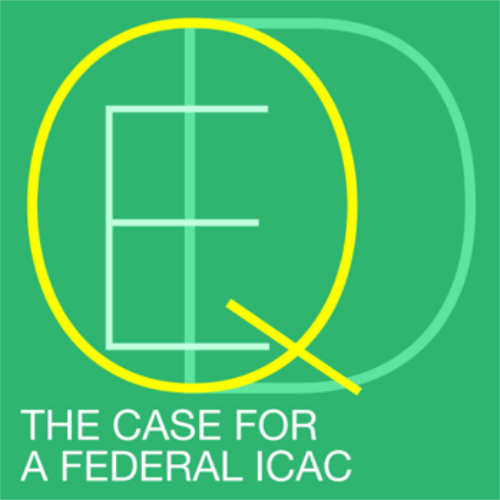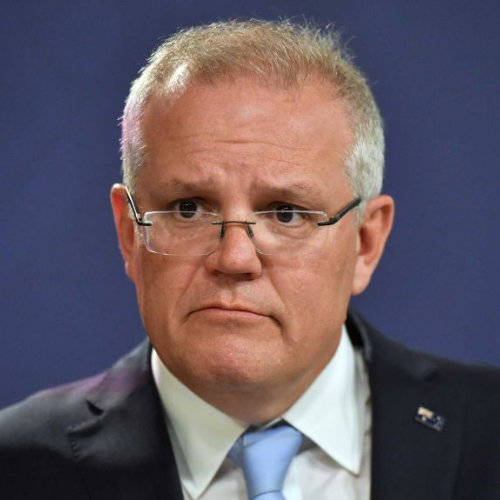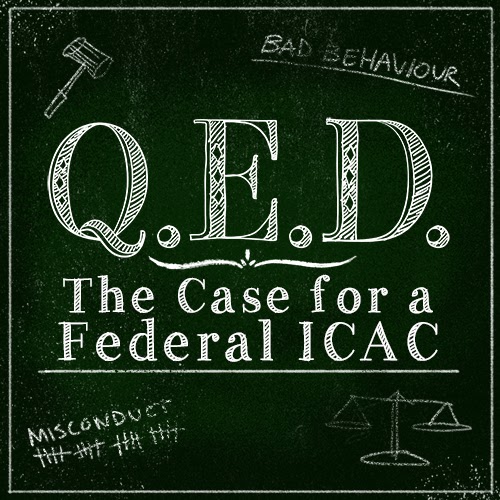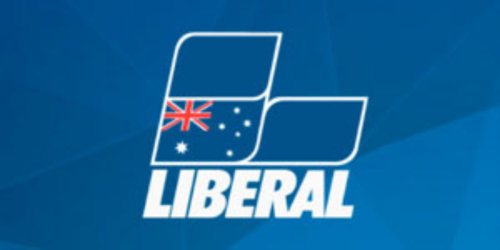Scott Morrison and that phone call to the NSW police commissioner
November 2019
The Prime Minister was roundly condemned after admitting in Parliament that he had telephoned the New South Wales Police Commissioner Mick Fuller about the then ongoing investigation into the Angus Taylor/Sydney City Council affair.
Scott Morrison and Mick Fuller used to be neighbours and both men have joked about Morrison bringing Fuller’s bins in for him. Fuller has since said Morrison never did that for him. Both Morrison and Fuller insist the phone call was innocuous but will not release the transcript. The Police Commissioner himself said: “To be honest with you, I actually don’t feel as though the allegations themselves are serious… But at the end of the day they’re public figures, and at the end of the day I’m assuming that the public and the media would expect that we take all matters seriously against public figures.”
Labor accused Mr Morrison of trying to influence the police findings about his minister after the Prime Minister told Parliament he had made the call to Mr Fuller to discuss the “substance” of the investigation.
Former prime minister Malcolm Turnbull declared he would not have made the phone call because the matter had to be “entirely free of political influence” and seen to be so.
Barrister Geoffrey Watson said Mr Morrison should not have made the call because it looked like he had sought a “favour” from the police chief.
Jennifer Wilson wrote for Independent Australia: “Whatever information Fuller did convey to Morrison, it was sufficient for the Prime Minister to decide there were no grounds to stand Taylor down. This would seem to contradict any claims of the innocuous nature of the call and it should ring alarm bells. Obviously, the Police Commissioner did say enough – before the investigation even began – to reassure Morrison there wasn’t going to be much to it.”
A 30-year veteran of the mainstream media, Liz was the editor of MWMuntil June 2021. Liz began her career in journalism in 1990 and worked at The Age newspaper for two 10-year stints. She also worked at The Guardian newspaper in London for more than seven years. A former professional tennis player who represented Australia in the 1984 Los Angeles Olympics, Liz has a Bachelor of Arts and a Bachelor of Letters (Hons).




